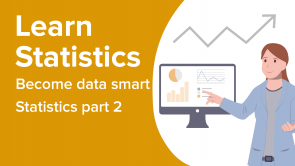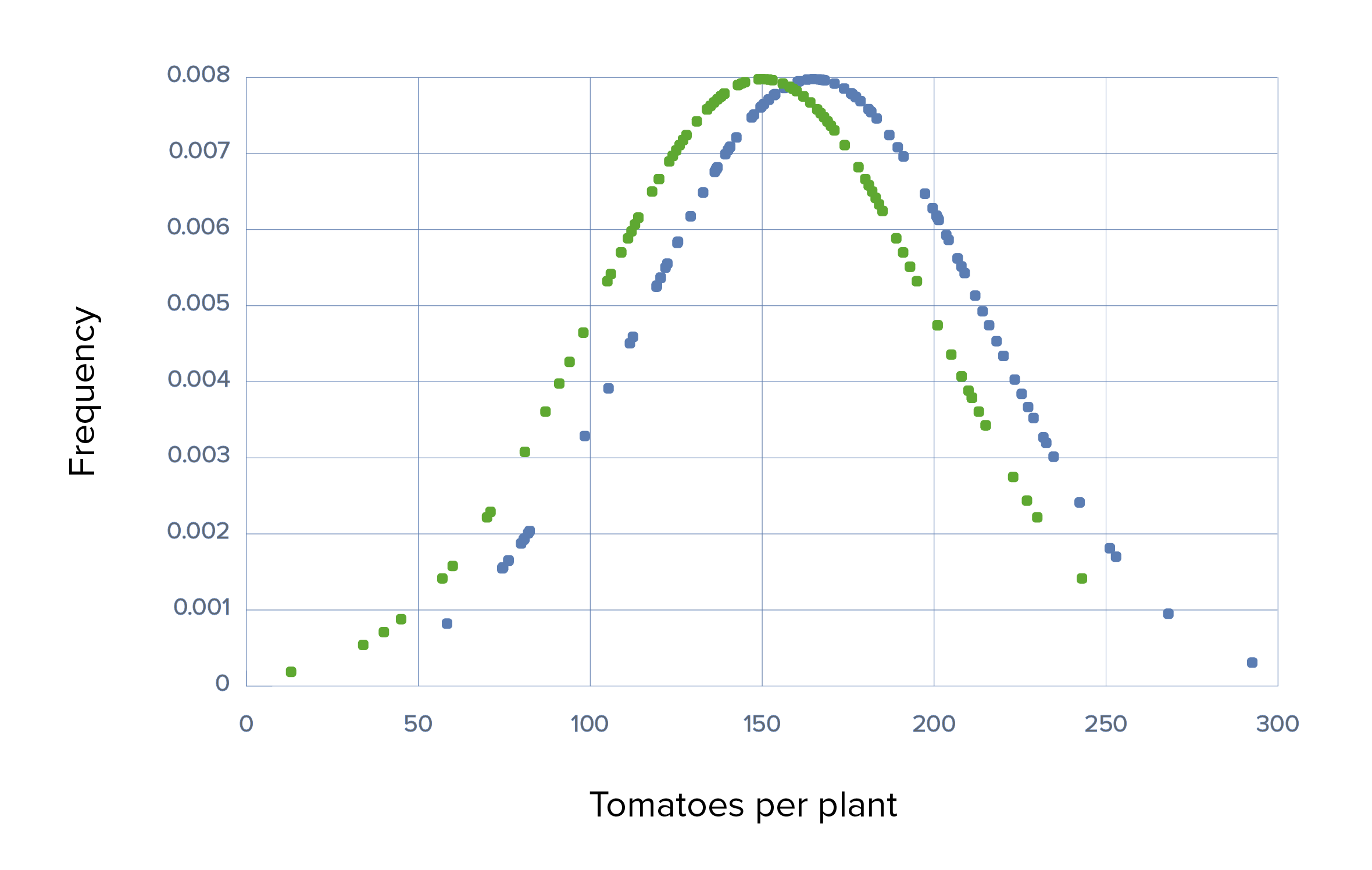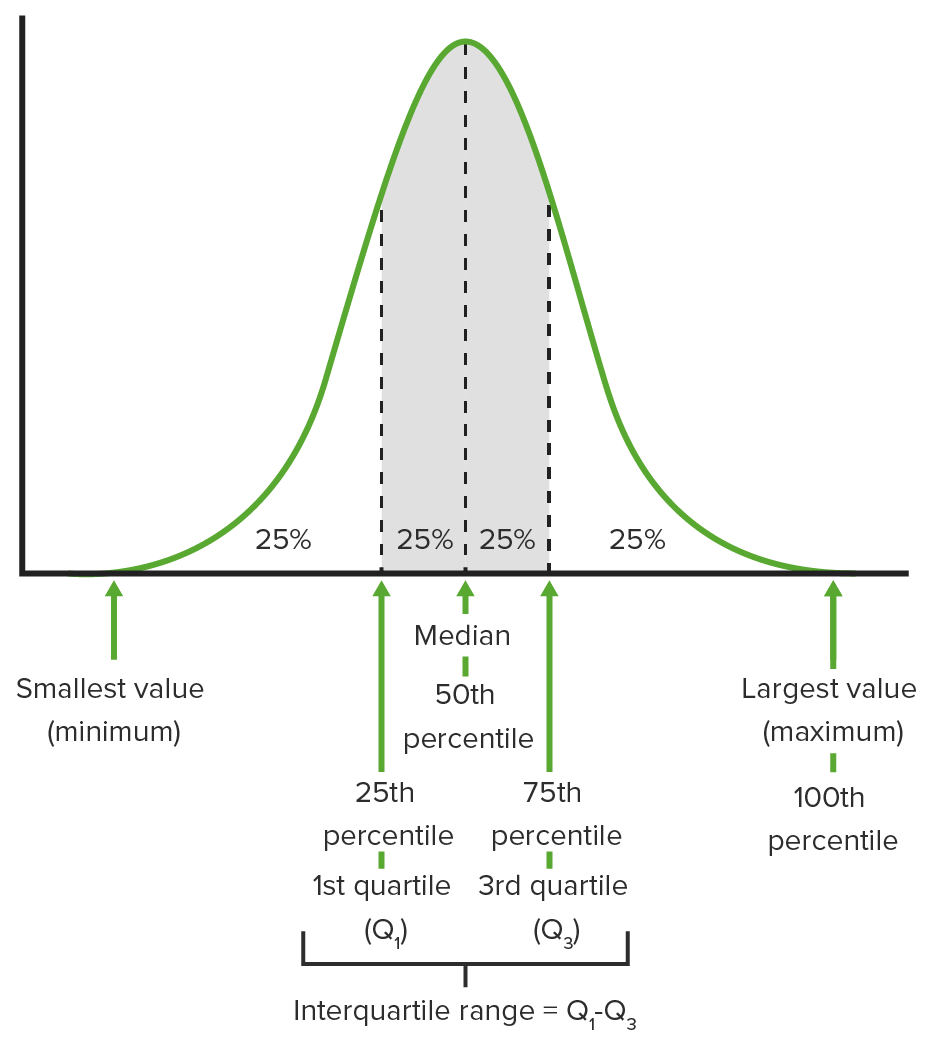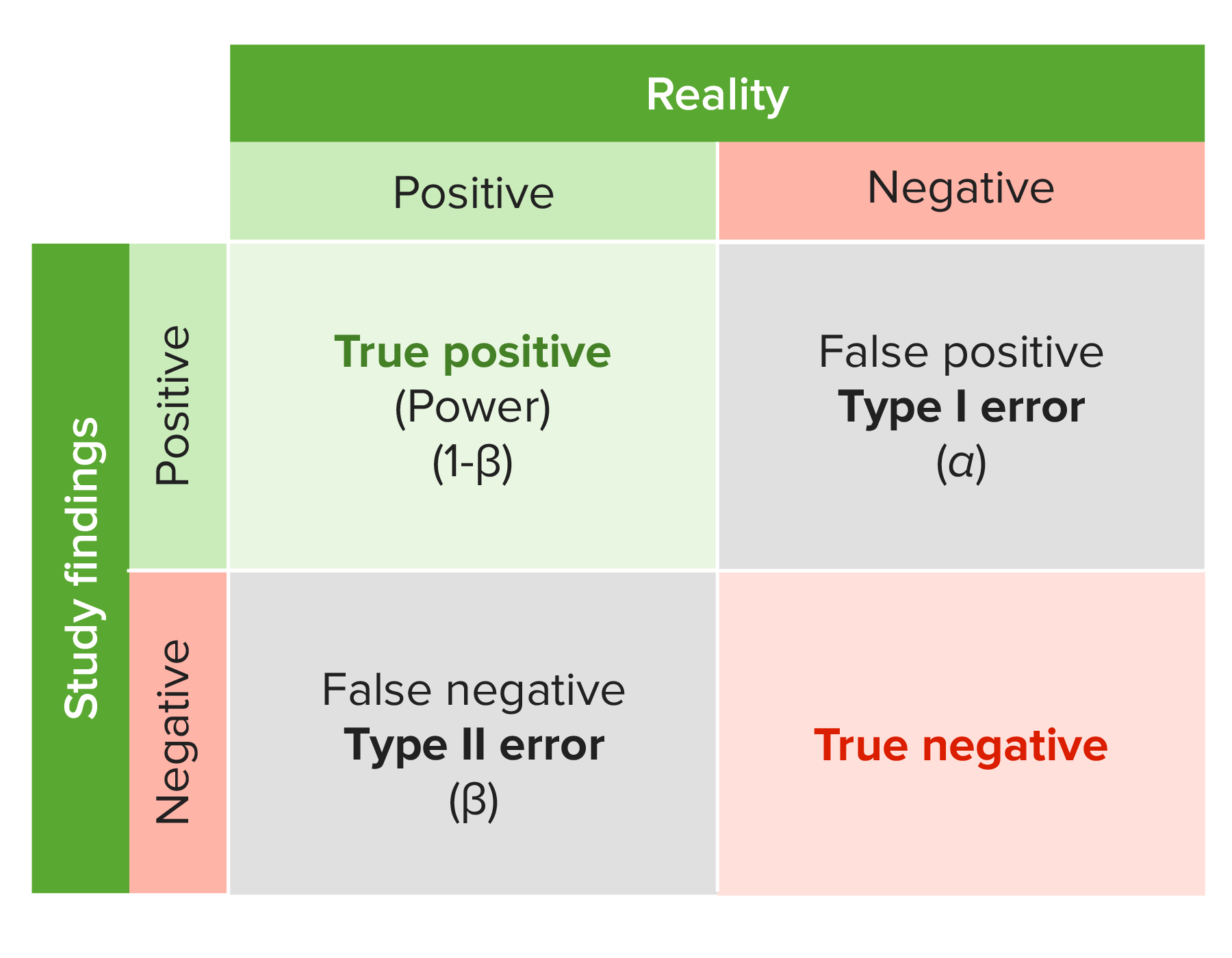

Statistics Part 2
by David Spade, PhDStatistics is the idea that we can glean useful insights from large datasets, such as of objects or events, by studying the properties and characteristics of a smaller subset of similar objects or events (a sample). In many cases, gathering comprehensive data about an entire population is too costly, difficult, or flat-out impossible, so statisticians start with a sample that can be conveniently or affordably observed. To analyze such data, certain tools are needed. This course describes additional statistical concepts that are useful for working with more-complex data and reaching more-interesting conclusions with your analysis (e.g., confidence intervals, comparing proportions and means, analyzing categorical data, and hypothesis testing).
Course Details
- Videos 10
- Duration 2:09 h
- Quiz questions 72
- Concept Pages 3





